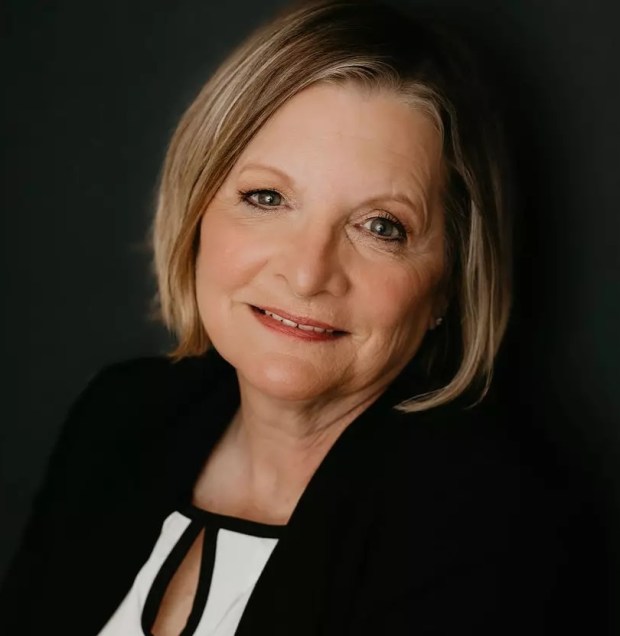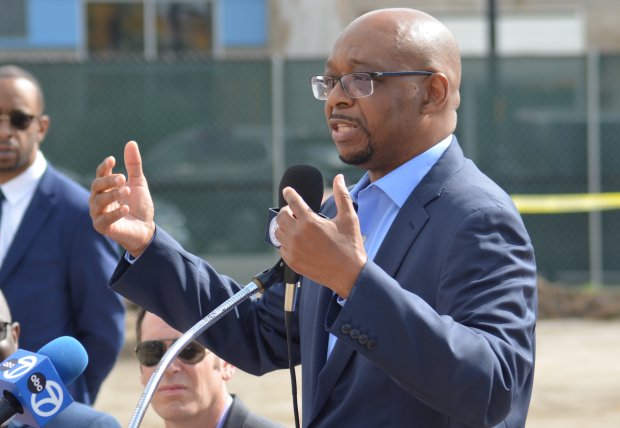Both candidates seeking to represent the 30th District in the Illinois House say high property taxes and economic development are of top concern to voters in a district that encompasses multiple south suburban communities.
Incumbent William “Will” Davis, 56, D-Homewood, has served since 2003 and is facing Patricia Bonk, 67, of Midlothian, in the November election. Bonk unsuccessfully challenged Davis in the 2022 election.
Davis said as longtime chairperson of the House Elementary & Secondary Education Appropriations Committee, he hopes to boost funding to schools at the state level, in turn removing some of that tax burden from homeowners.
“The quicker we can fulfill our obligation as a state to get to full funding based on our constitution, that’s going to help,” Davis said.
He said during the last legislative session, he asked for $100 million more than was passed as part of the governor’s proposed budget. He hopes that public outcry over historic increases in property taxes, affecting homeowners in the Southland especially hard, will help him achieve that goal next year.
“We’re going to keep trying, and hopefully this conversation about property taxes will resonate differently with (the governor),” Davis said.
Bonk said she supports a plan to shift some of the money in the most recent state budget dedicated to migrant relief to provide property tax relief for “people that are going to walk away from their homes if they don’t get that assistance.”
“It’s become an American nightmare instead of an American dream,” Bonk said.

She said would support increasing tax exemptions to apply to a broader spectrum of people.
Bonk also said she sees the need for increased economic development in many of the communities she represents, which she believes has been hampered by self-serving municipal governments.
She said she closely follows the concerns of residents of towns such as Dolton and Harvey with their mayors, and hopes to increase oversight by the attorney general’s office to ensure leaders such as Tiffany Henyard are complying with state law.
“You want to promote businesses, and they’re handcuffing people and making it difficult for them to have these businesses, when businesses are the foundations of our towns. Just recently, I saw a picture where there’s cinder blocks in front of the Dollar General in Harvey. Why?” she said, referring to a Facebook post from Sept. 30.
Davis said improving opportunities for diversely owned businesses has great potential to drive growth in his district. He said he has made some inroads in getting the state to support small businesses by choosing to contract with them instead of large corporations, though he said there’s still plenty of work to be done.
The 30th district includes all or part of Dolton, Flossmoor, Hazel Crest, Harvey, Homewood, Markham, Midlothian, Olympia Fields, Oak Forest and South Holland.
Davis was born in Harvey and earned a bachelor of arts degree in political science from Southern Illinois University in Carbondale before receiving his master of public administration degree at Governors State University.
He said as a young man, he he worked as a college admissions counselor before getting a job with former U.S. Rep. Jesse Jackson Jr.’s office. He resigned from that position to become a state representative.
Bonk has lived in the Southland since 2011. She graduated from Purdue University, which led to a job as an emergency responder as well as a firefighter for the village of Lemont and the Northwest Homer Fire Protection District. She now works as a registered nurse and serves on the Midlothian Library Board.
State campaign finance disclosure reports show Bonk’s campaign took in $200 in contributions during the April-June quarter, and at the end of June she had just under $3,000 available to spend.
For Davis, expenses for the April-June were $17,000, and at the end of the period the campaign had nearly $91,000 available to spend.
ostevens@chicagotribune.com



